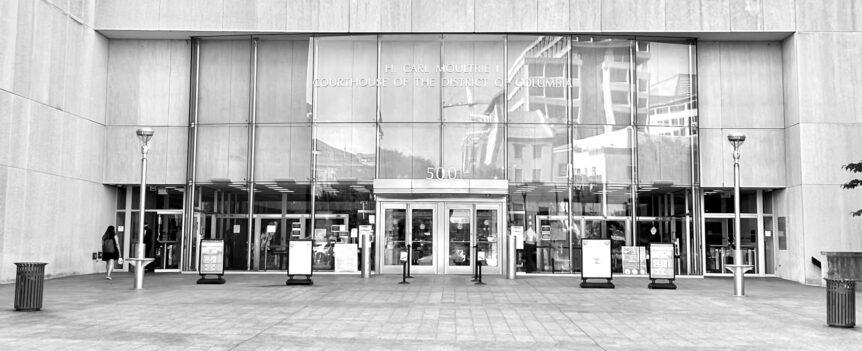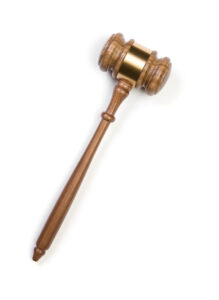
Admissions by a Party Opponent
D.C. follows Federal Rule of Evidence 801(d)(2) according to which “admissions by a party opponent” are not considered hearsay.
 According to that rule, a statement is not hearsay if it (1) is offered against an opposing party and was made by the party in an individual or representative capacity, (2) is one the party manifested that it adopted or believed to be true, (3) was made by a person whom the party authorized to make a statement on the subject, (4) was made by the party’s agent or employee on a matter within the scope of that relationship and while it existed, or (5) was made by the party’s co-conspirator during and in furtherance of the conspiracy. Federal Rule of Evidence 801(d)(2). See also Johnson v. Leuthongchak, 772 A.2d 249, 250 (D.C. 2001); Bridges v. Clark, 59 A.3d 978, 986 (D.C. 2013).
According to that rule, a statement is not hearsay if it (1) is offered against an opposing party and was made by the party in an individual or representative capacity, (2) is one the party manifested that it adopted or believed to be true, (3) was made by a person whom the party authorized to make a statement on the subject, (4) was made by the party’s agent or employee on a matter within the scope of that relationship and while it existed, or (5) was made by the party’s co-conspirator during and in furtherance of the conspiracy. Federal Rule of Evidence 801(d)(2). See also Johnson v. Leuthongchak, 772 A.2d 249, 250 (D.C. 2001); Bridges v. Clark, 59 A.3d 978, 986 (D.C. 2013).
Party admissions differ from most out-of-court statements in that, because their admissibility relies on the identity of the speaker, they do not require demonstration of “guarantees of trustworthiness.” Harris v. United States, 834 A.2d 106, 116 (D.C. 2003)(citing Federal Rule of Evidence 801 Advisory Committee’s note). After all, a “party can hardly object that he had no opportunity to cross-examine himself or that he is unworthy of credence save when speaking under the sanction of an oath.” McCormick on Evidence §254.
In Harris, for example, the Court ruled that the defense should have been allowed to introduce an affidavit that the government had submitted in connection with its request for the issuance of a search warrant. 834 A.2d at 112. Although the prosecutor had not actually drafted the document, the fact that “[h]e approved and signed it and authorized its submission to the court” was adequate prove that the government had adopted the affidavit. Id. at 120.
Admissions of a party under this exception are received as substantive evidence of the facts admitted and not merely to contradict the party. As a result, the proponent of the evidence does not need to lay a foundation by first confronting the party with it. Powell v. United States, 414 A.2d 530, 533 (D.C. 1980).
A party’s silence in the fact of another person’s statement, which the party would naturally have been expected to deny if untrue, may be admitted as circumstantial evidence of the party’s belief in the truth of the statement. United States v. Hale, 422 U.S. 171, 176 (1975).
An “admission” admitted under this exception might be vicarious; in other words, it might be made by a co-defendant or co-conspirator, an agent or representative or by someone other than the party against whom the statement is offered, assuming the proponent of the evidence can meet certain conditions.
For example, in the case of a statement by a co-conspirator, the statement could only be admitted if the government were able to prove that (1) a conspiracy existed, (2) the defendant had a connection to the conspiracy, and (3) the co-conspirator made the statement during the course of and in furtherance of the conspiracy. Butler v. United States, 481 A.2d 431 (D.C. 1984).
Last updated: January 3, 2025
